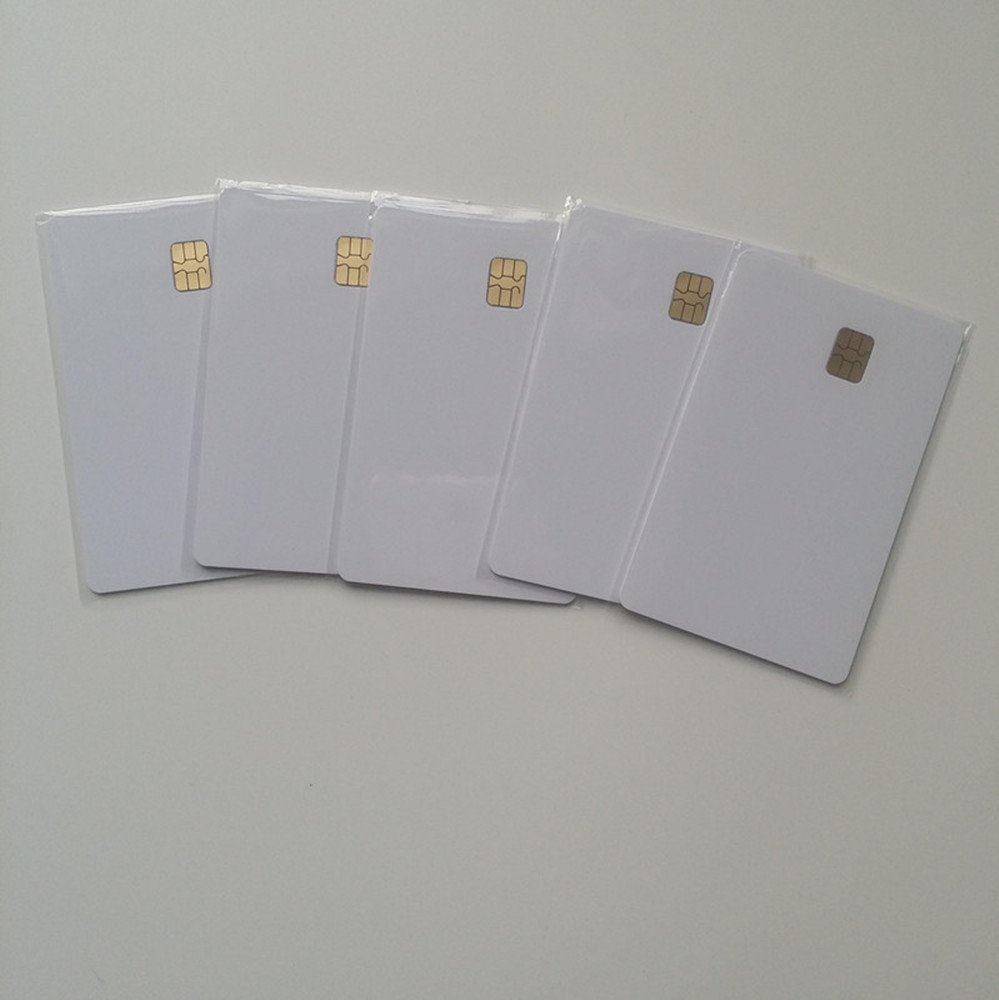No products in the cart.
Can Cloned Credit Cards Be Used Online? A Comprehensive Guide
Low Clone Card / Card Cloning / Credit Card Cloning / Fake Credit Cards / Stolen Credit Cards.
Low Clone Card. The advent of technology has transformed many aspects of our daily lives, including how we shop and manage our finances. With the rise of online shopping, digital payments, and e-commerce, the question of credit card fraud has become more pertinent than ever. One type of fraud that often makes headlines is credit card cloning. But can cloned credit cards actually be used online? In this article, we’ll explore how cloned credit cards work, whether they can be used for online transactions, and how to protect yourself from this growing threat.https://premiumbills.org/
What Is Credit Card Cloning?
Credit card cloning refers to the illegal process of copying a credit card’s information from its magnetic strip or chip and transferring it onto another blank card. This cloned card can be used to make fraudulent purchases, sometimes without the original cardholder’s knowledge. This type of fraud typically occurs through methods like skimming, where the magnetic stripe data of a card is copied, or data breaches, where large amounts of credit card data are stolen.
Cloned cards contain essential information such as:
- Card Number
- Expiration Date
- Cardholder Name
- CVV/CVC Code
Once the cloning process is complete, criminals can use the cloned card for various fraudulent activities. But can these cloned cards be used for online purchases? Let’s find out.
Can Cloned Credit Cards Be Used Online?
The simple answer is: Yes, cloned credit cards can be used online, but with limitations. The ability to use a cloned credit card online depends on several factors, including the security measures of the card issuer and the type of information the card contains.
1. Online Transactions Without Physical Card Verification
Cloned credit cards can often be used for online transactions, especially if the cardholder’s information is compromised without physical card verification. Online merchants usually ask for the following details to process a payment:
- Card Number
- Expiration Date
- CVV/CVC (Card Verification Code)
If a criminal has cloned a card and obtained these details, they can input them during the checkout process on a website that doesn’t require further authentication (such as a signature or chip-based verification). As long as the cloned card contains accurate information, it can be used for online purchases.
2. Card-Not-Present Transactions
Online transactions are generally categorized as Card-Not-Present (CNP) transactions, meaning the physical card is not present to swipe or insert. This makes it easier for fraudsters to use cloned credit card information online because there’s no physical verification. Many merchants rely on the information provided (card number, expiration date, and CVV) to process payments. Without physical security measures like EMV chip verification or PIN authentication, cloned cards can easily be used for online shopping.
3. Security Measures That Prevent Fraud
Despite the ability of criminals to use cloned cards for online purchases, there are several security measures that protect cardholders. These include:
3D Secure Authentication (3DS): This is an added layer of protection, especially with major payment networks like Visa and MasterCard. 3DS requires the cardholder to authenticate the transaction, usually through a one-time passcode sent via SMS or an app, before completing the purchase. This system makes it difficult for fraudsters to use cloned cards online without access to the cardholder’s phone or app.
Verified by Visa / MasterCard SecureCode: Similar to 3D Secure, these services require cardholders to create a password or pin to authorize transactions, making it harder for cloned cards to be used in online payments.
Two-Factor Authentication: Some merchants or banks may employ two-factor authentication (2FA) to confirm the identity of the person making the purchase. For instance, a user may be required to log in with both a password and a verification code sent to their email or phone.
4. Fraud Detection Systems
Most financial institutions and payment processors use advanced fraud detection systems to identify suspicious activity. If a cloned card is being used, these systems may flag the transaction as potentially fraudulent, blocking it before it’s completed. This can happen if the card is being used in a location that doesn’t match the cardholder’s normal patterns of behavior or if there are inconsistencies in the transaction data.
How to Protect Yourself From Credit Card Cloning and Fraud
While cloned cards can be used online, there are several steps you can take to protect yourself and minimize the risk of becoming a victim of credit card cloning.
1. Monitor Your Accounts Regularly
Regularly check your bank and credit card statements for any unusual or unauthorized transactions. Most banks offer instant alerts for transactions, making it easier to spot fraud as soon as it happens.
2. Enable 3D Secure Authentication
Opt-in for 3D Secure authentication on your cards to add an extra layer of protection when shopping online. This will require you to verify your identity with an additional step, such as a password or one-time code.
3. Use Virtual Credit Cards
Some financial institutions and card providers offer virtual credit cards for online shopping. These cards generate temporary numbers linked to your real card, which can reduce the risk of your actual card information being cloned.
4. Avoid Public Wi-Fi for Transactions
Never make online purchases or enter sensitive information while connected to public Wi-Fi networks, as these can be a breeding ground for hackers and cybercriminals. Always use a secure, private network when making online payments.
5. Be Cautious of Phishing Scams
Phishing scams are often used to trick people into revealing sensitive card details. Be wary of unsolicited emails, text messages, or phone calls asking for your credit card information, especially if they seem suspicious or come from unfamiliar sources.
| Balance | 5K, 8K, 11K, 13K, 21K |
|---|
Be the first to review “Low Clone Card” Cancel reply
Related products
$200.00 – $1,000.00Price range: $200.00 through $1,000.00
This product has multiple variants. The options may be chosen on the product page
$300.00 – $1,000.00Price range: $300.00 through $1,000.00
This product has multiple variants. The options may be chosen on the product page
$250.00 – $1,000.00Price range: $250.00 through $1,000.00
This product has multiple variants. The options may be chosen on the product page
$189.00 – $1,000.00Price range: $189.00 through $1,000.00
This product has multiple variants. The options may be chosen on the product page
$350.00 – $1,000.00Price range: $350.00 through $1,000.00
This product has multiple variants. The options may be chosen on the product page
$400.00 – $1,000.00Price range: $400.00 through $1,000.00
This product has multiple variants. The options may be chosen on the product page
$300.00 – $1,000.00Price range: $300.00 through $1,000.00
This product has multiple variants. The options may be chosen on the product page
$200.00 – $1,000.00Price range: $200.00 through $1,000.00
This product has multiple variants. The options may be chosen on the product page 









Reviews
There are no reviews yet.